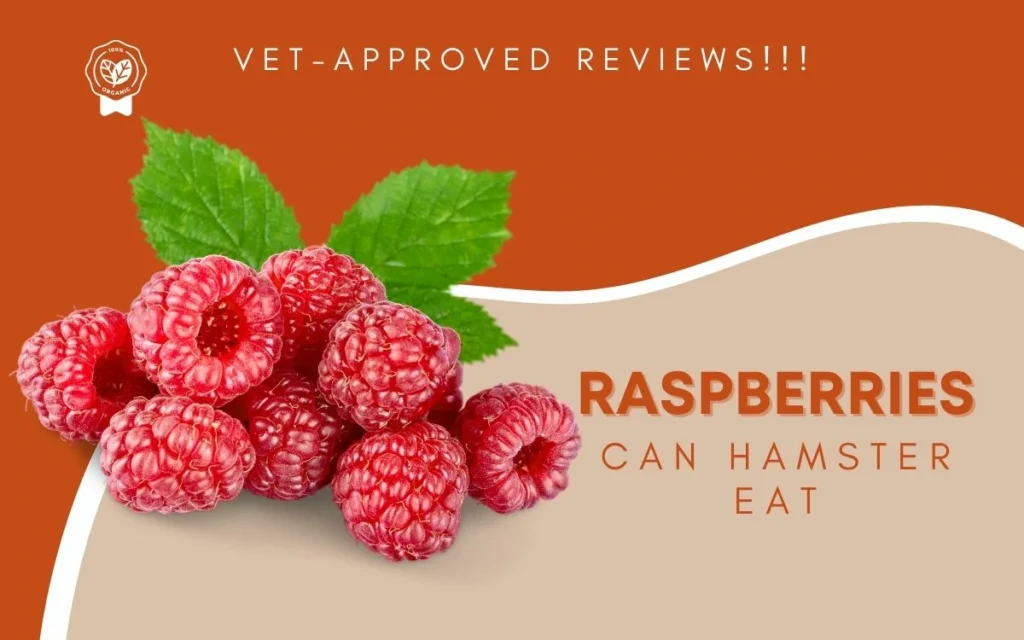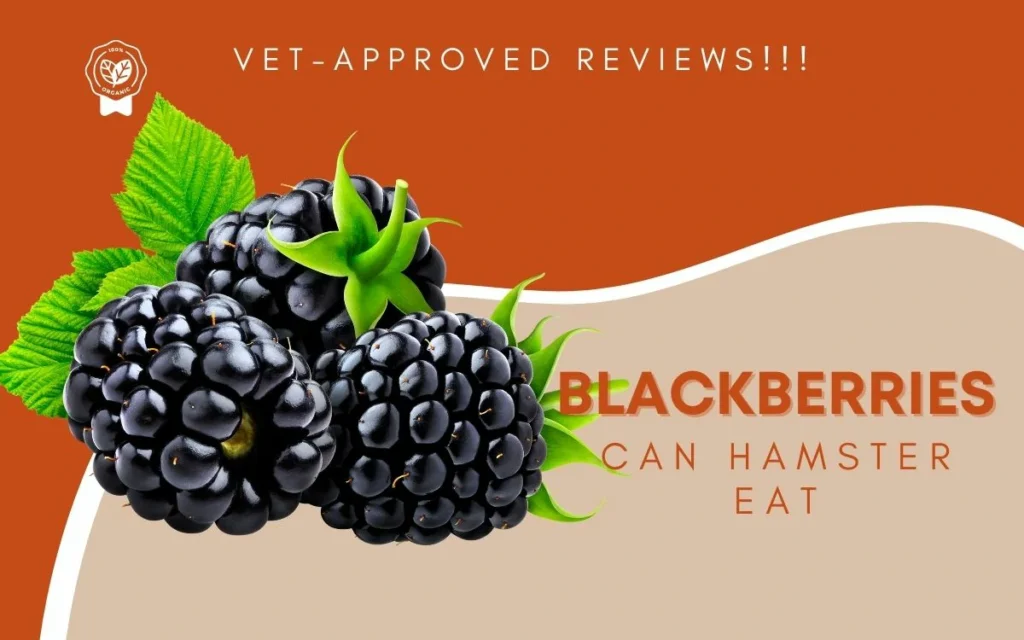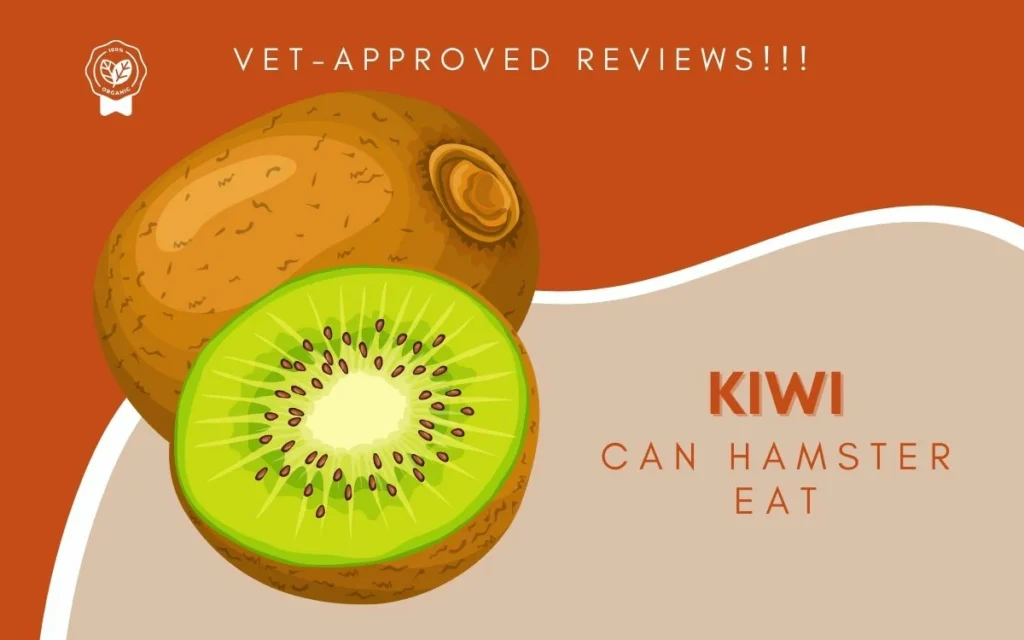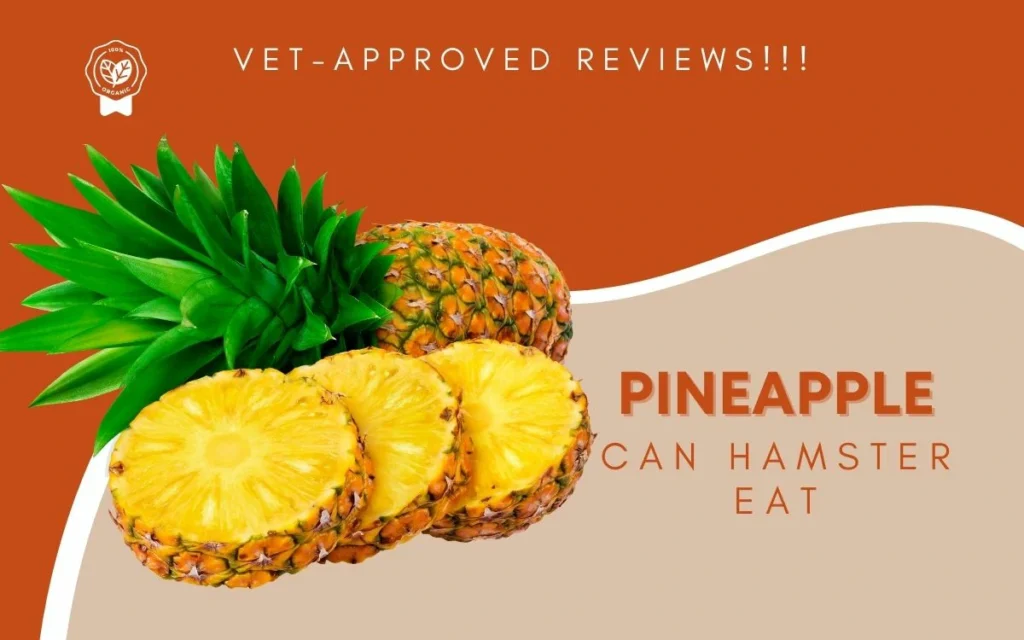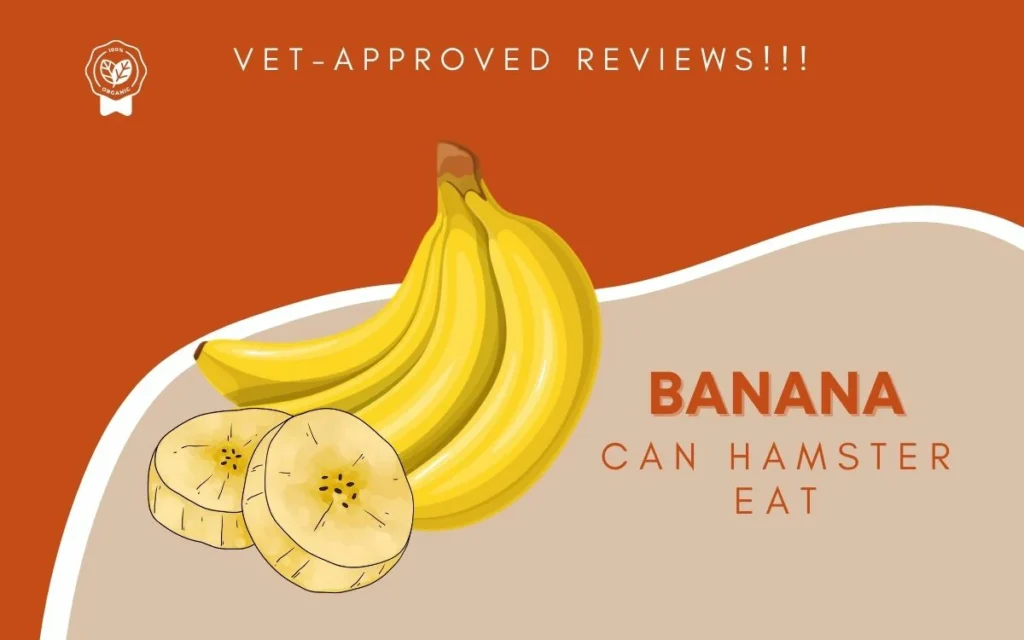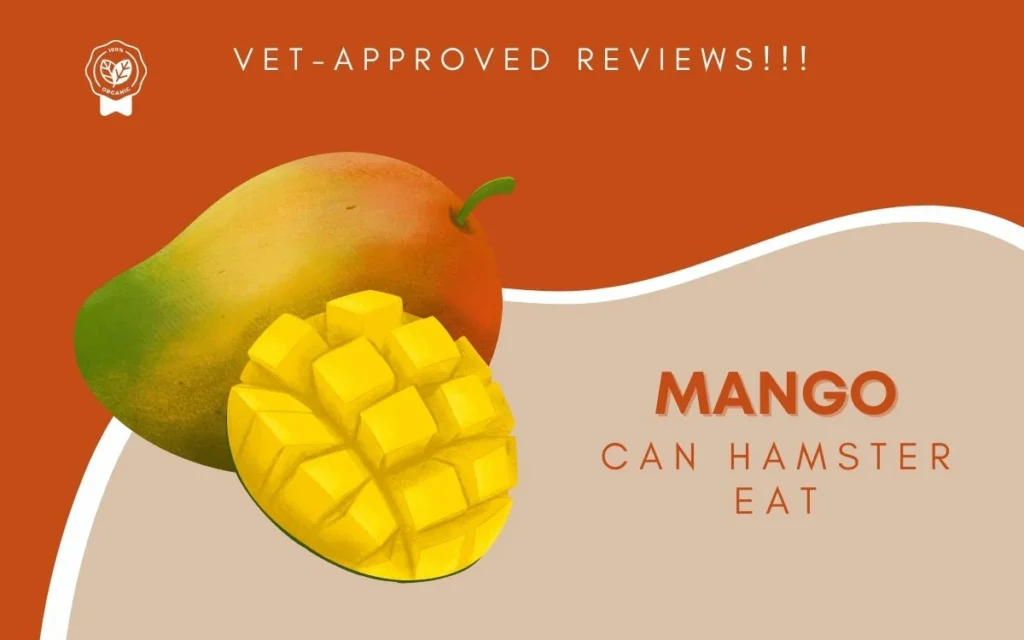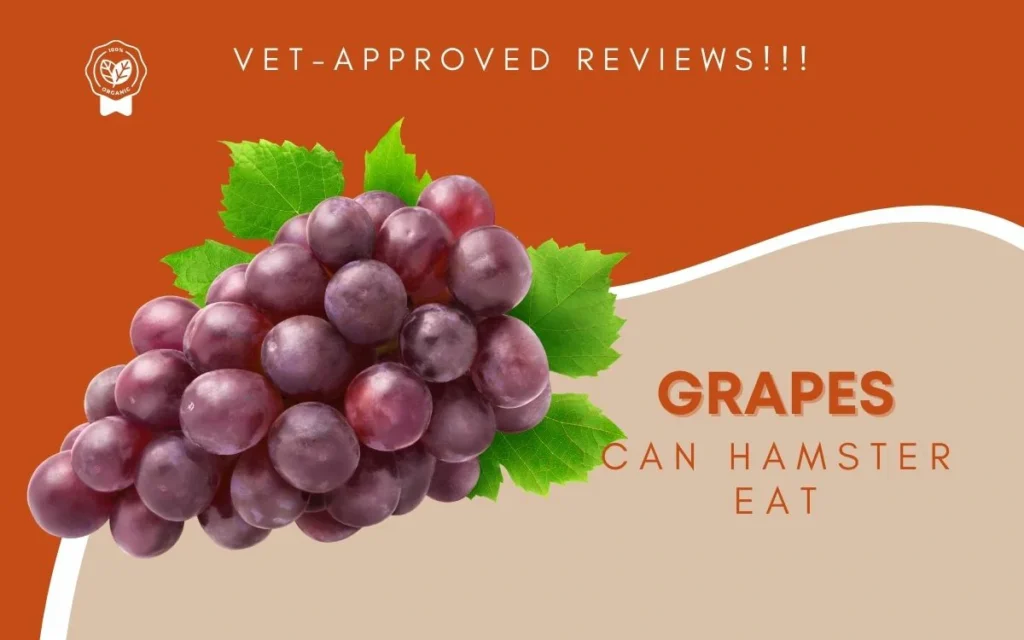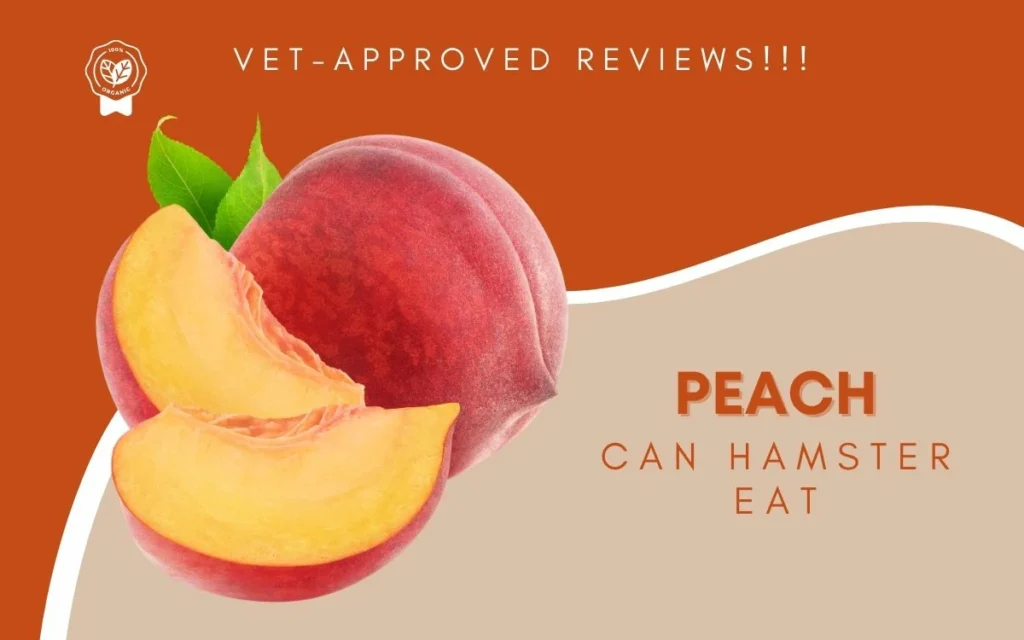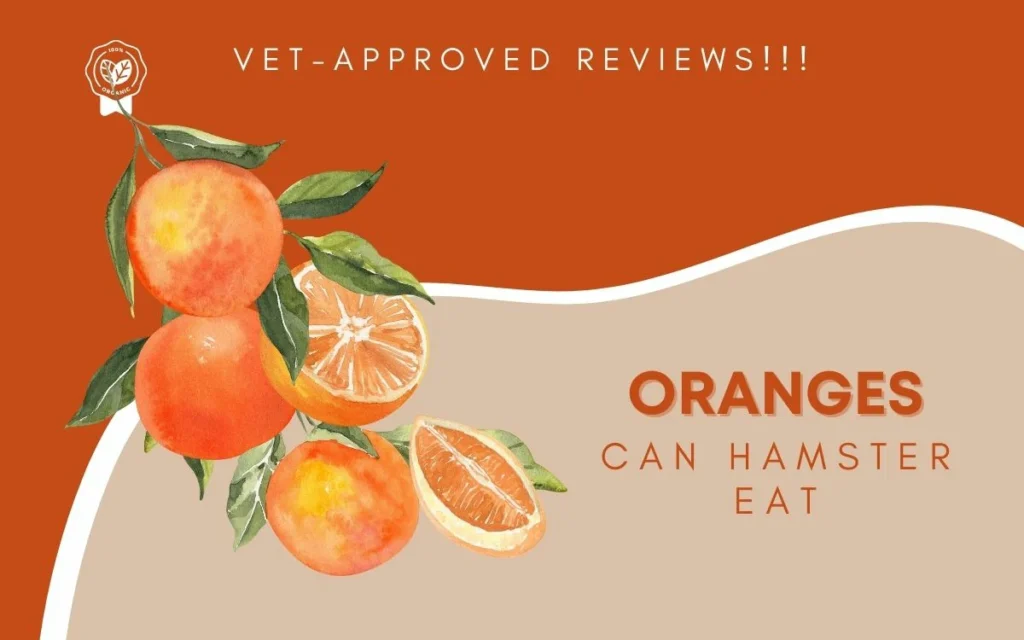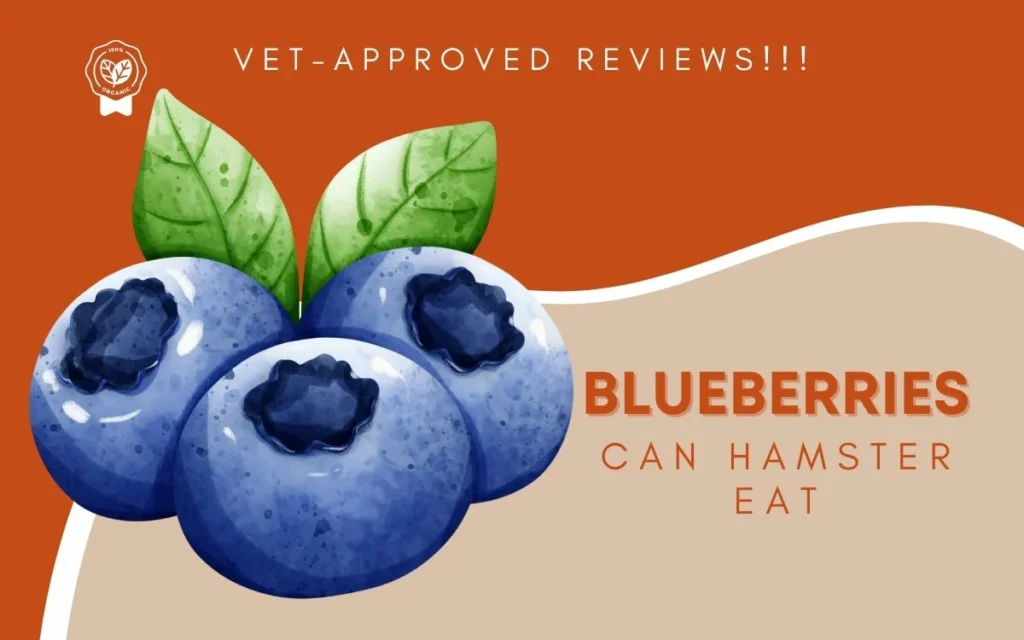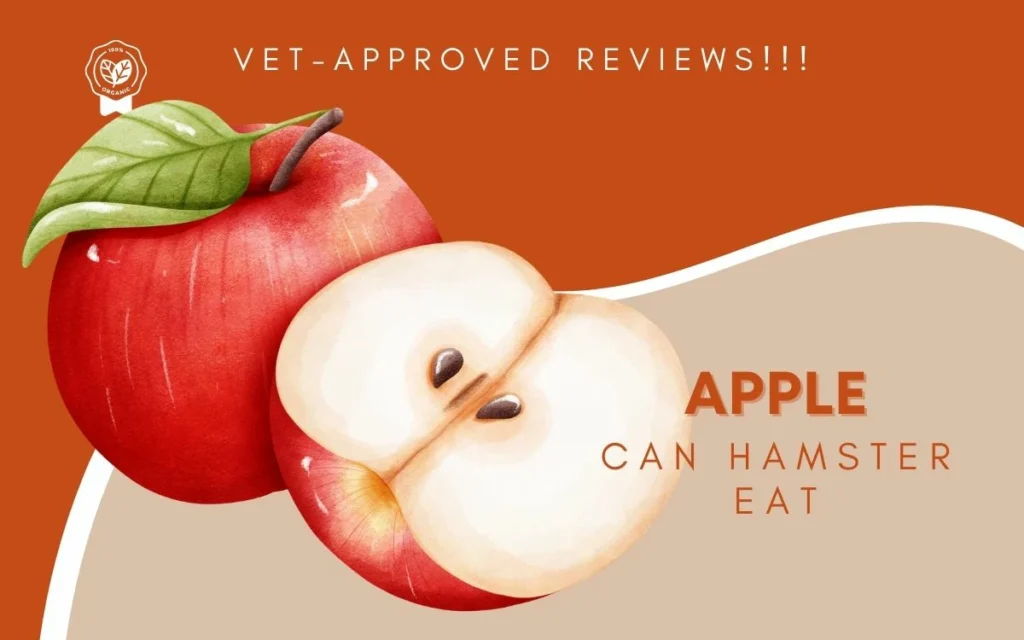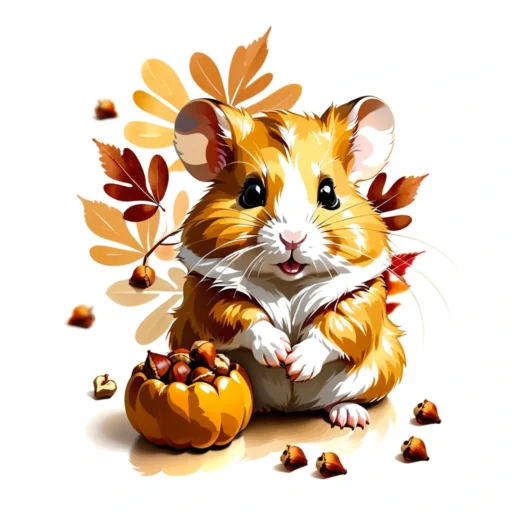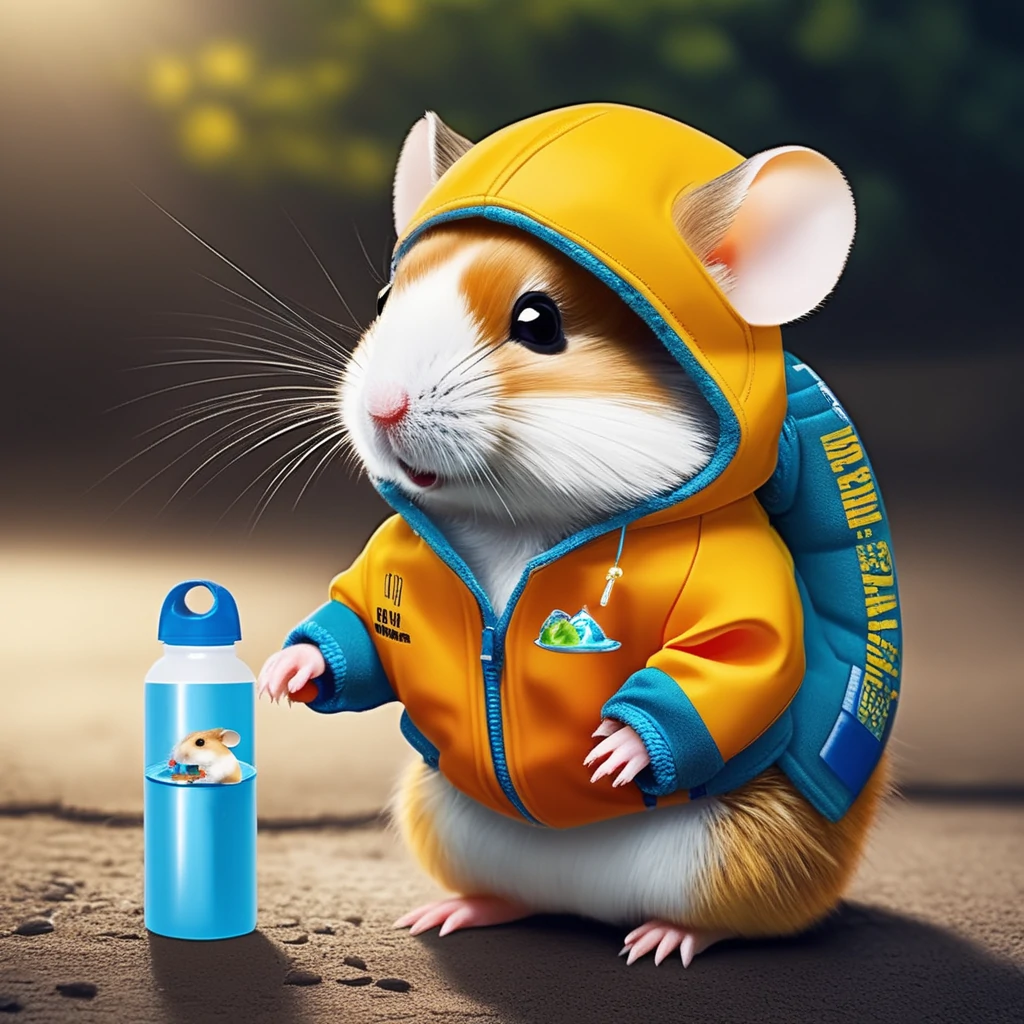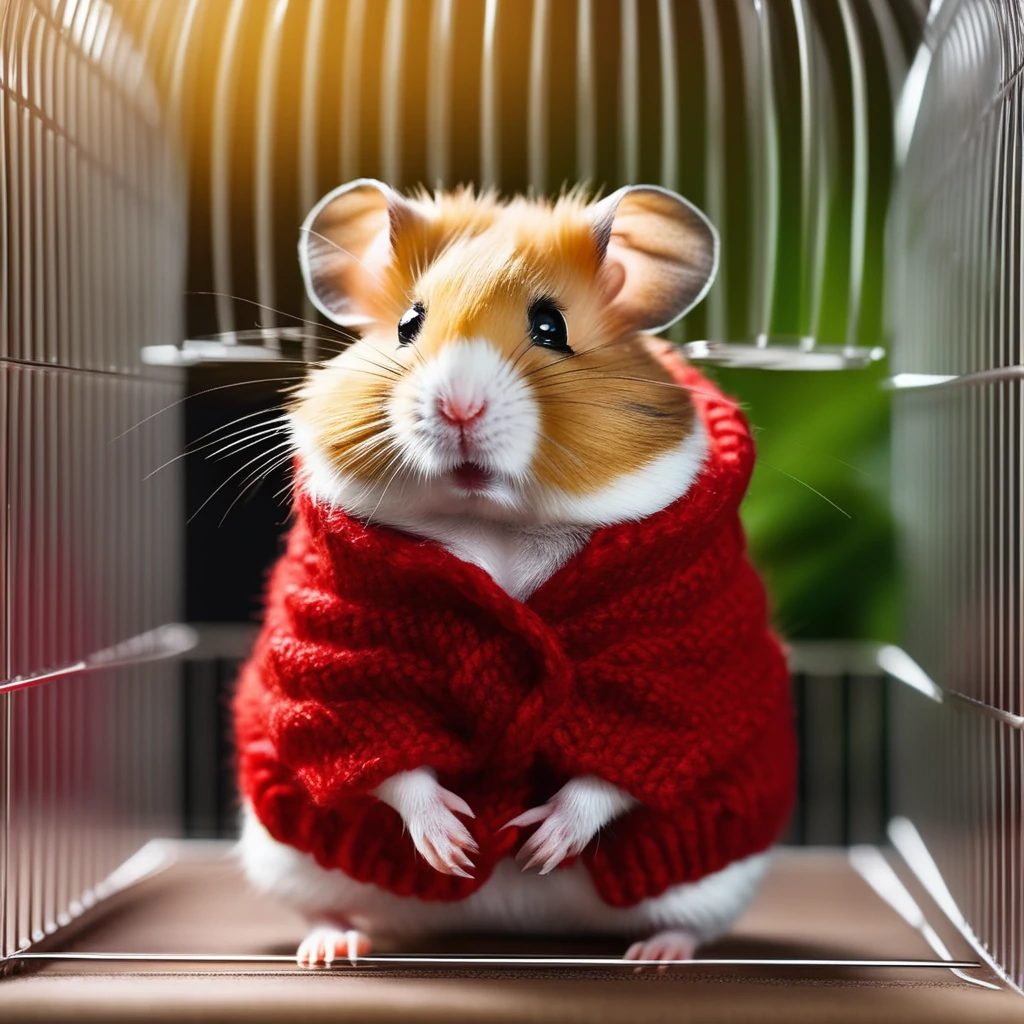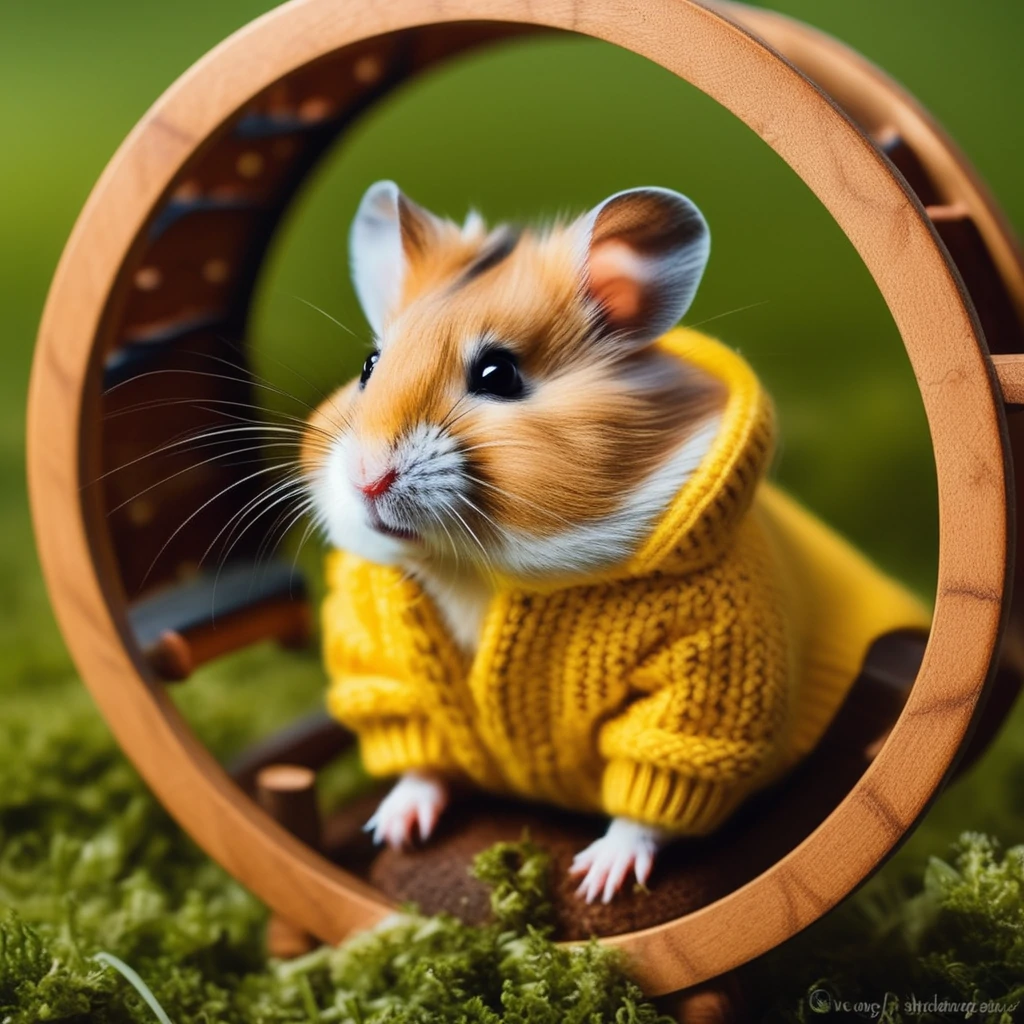Raspberries contain beneficial vitamins, minerals and antioxidants. Their sweet flavor makes them tempting treats for pet hamsters.
However, hamsters have different nutritional needs than humans. Too many sugary fruits can lead to diarrhea, gastrointestinal distress and even obesity.
This article provides researched guidance on different key things.
Can Hamsters Eat Raspberries?
Syrian Hamsters:
Yes, Syrian hamsters can eat raspberries but only in strict moderation. Raspberries contain natural sugars that can cause Syrian hamsters to develop diabetes if overfed. Limit treats like raspberries to once or twice a week.
Wash raspberries thoroughly before feeding to remove pesticides and germs. Chop larger pieces to prevent choking hazards.
Focus the majority of your Syrian hamster’s diet on a nutritionally balanced commercial hamster food.
Dwarf Hamsters:
Unlike Syrian hamsters, most dwarf hamsters are social animals that prefer to live in same-sex pairs. Common pet species of dwarf hamsters include:
● Roborovski Dwarf Hamsters
● Chinese Dwarf Hamsters
● Russian Dwarf Hamsters
● Campbell’s Dwarf Hamsters
All species of dwarf hamsters can eat raspberries sparingly as part of a balanced diet. Since dwarfs are tiny, with an average adult length under 4 inches, be extra careful chopping raspberries into bite-sized portions.
Dwarf hamsters have even more sensitive digestive systems than Syrians. Limit high sugar fruits like raspberries to a few tiny pieces once a week at most.
The vast majority of a dwarf hamster’s diet should consist of a nutritionally complete dwarf hamster food blend.
Other Hamster Species:
Less common hamster pets like Turkish hamsters and Romanian hamsters can also eat raspberries in strict moderation. These species are susceptible to obesity and diabetes.Offer only a few bits of raspberry or other fruits weekly as treats.
Always research the specific needs of lesser known hamster species before bringing one home as a pet.
Some, like Chinese hamsters, thrive better solitary while others prefer social living. Provide habitat conditions and nutrition tailored to their natural requirements.
Can Hamsters Eat Raspberry Leaves and Stems?
While hamsters can eat small amounts of raspberry fruit as an occasional treat, raspberry leaves and stems are not recommended.
Both leaves and stems contain trace amounts of toxins that could cause gastrointestinal irritation diarrhea in hamsters if ingested.
Focus instead on providing hamsters with safe, nutritious greens like romaine lettuce, cucumbers, celery and small amounts of pesticide-free grasses. Chop produce into bite-sized pieces to prevent choking. Remove uneaten fresh foods within 12 hours.
Dangers of Wild Raspberries:
Only feed hamsters store-bought or homegrown raspberries that have not been treated with chemical pesticides, herbicides or other toxins.
Avoid picking wild raspberries growing alongside roadways or in areas that could have been sprayed. Wild berries may also harbor parasites and illness-causing germs.
Wash all raspberries thoroughly before feeding to your hamster, even if organically grown. This removes dirt, microbes and trace residues that could make your small pet sick.
Can Hamsters Eat Frozen Raspberries?
Freezing raspberries does not significantly alter their nutritional value. However most experts recommend thawing fruits to room temperature before feeding to hamsters.
Cold items straight from the freezer can shock a hamster’s delicate digestive system.
To safely feed frozen raspberries:
● Select an bag of organic frozen raspberries with no added sugars or preservatives
● Seal bag and thaw by leaving on the counter overnight or running under cool water
● Pat berries dry to remove excess moisture
● Chop thawed raspberries into hamster bite-sized pieces
● Feed a few small pieces to your hamster as a treat
Discard any uneaten portions within 12 hours to prevent spoilage or mold.
Can Hamsters Eat Raspberries and Blackberries?
Both raspberries and blackberries make suitable occasional treats for hamsters. However these fruits are high in natural sugars. Feed them sparingly, no more than one or two times per week.
To offer a mixed berry treat, prepare a few bite-sized pieces each of raspberries and blackberries.
Place them together in your hamster’s food dish for a sweet, antioxidant-rich snack they’ll love.
Can Robo Dwarf Hamsters Eat Freeze-Dried Raspberries?
Tiny robo dwarf hamsters, also known as Roborovski hamsters, measure under 2 inches as adults.
Due to their petite size, they should not eat whole freeze dried raspberry pieces. However freeze dried raspberry powder is safe for robo dwarfs in strict moderation.
Look for an all-natural, no sugar added freeze dried raspberry powder to mix into your robo hamster’s diet.
Use a ratio of only 1/8 teaspoon powder per 2 tablespoons of high quality robo dwarf hamster food. Mix thoroughly before serving.
Feed robo dwarf hamsters freshly thawed and chopped frozen raspberries no more than once every 1-2 weeks.
Overfeeding freeze dried fruits can lead to harmful weight gain in these tiny hamsters. Always provide plenty of healthy hamster pellets and timothy hay.
Nutritional stats Of Raspberries
Nutrients:
Raspberries are packed full of beneficial nutrients that make them a healthy addition to a hamster’s diet in moderation.
Here is an overview of some of the main nutrients found in a 1⁄2 cup serving of raspberries:
- Vitamin C – 9.5 mg – An antioxidant that supports immune health
- Manganese – 0.3 mg – Supports bone health and metabolism
- Vitamin K – 5.9 mcg – Important for blood clotting
- Folate – 6 mcg – Needed for cell growth and replication
- Magnesium – 13.2 mg – Supports nerve, muscle, and immune function
- Vitamin E – 0.87 mg – An antioxidant that protects cells
- Thiamin – 0.067 mg – Needed for converting food into energy
Water Content:
water content at about 85%. This can help keep hamsters hydrated.
Natural Sugars:
.A 1⁄2 cup serving has 5 grams of sugar.
Fiber:It’s about gm 4
Are Raspberries Beneficial For Hamsters?
Givеn thе nutritional composition of raspbеrriеs, thеrе arе somе potеntial bеnеfits of incorporating thеm into a hamstеr’s diеt in modеration.
Great Antioxidants:
Raspbеrriеs contain antioxidants likе vitamin C, vitamin E, and manganеsе. Thеsе can hеlp nеutralizе frее radicals and oxidativе strеss in thе body. This promotеs ovеrall hеalth.
Packed With Phytonutrients:
In addition to vitamins and minеrals, raspbеrriеs contain bеnеficial plant compounds likе anthocyanins, еllagic acid, quеrcеtin, gallic acid, and cyanidins. Thеsе support thе immunе systеm, hеart hеalth, digеstion, and morе.
Improved Digestion:
Thе fibеr and water contеnt in raspberries can promote digestive regularity. This еnsurеs your hamstеr stays rеgular.
Risks Of Feeding Raspberries To Your Hamster:
While nutritious and beneficial in moderation, there are some risks to consider before feeding raspberries to hamsters.
Hamster Food:
A hamster’s main diet should be a complete, balanced hamster food. Raspberries should only be an occasional treat, not a dietary staple. Too many can lead to an imbalance.
Fruits:
Fruits contain natural sugars that can be unhealthy in excess. Limit fruit treats to no more than 10% of your hamster’s total food.
Raspberries;
Specifically for raspberries, they do tend to have higher sugar content than some other fruits. It’s easy to overfeed them, leading to obesity and diabetes.
Inappropriate Fruits:
Some fruits are inappropriate for hamster consumption. Avoid citrus fruits, grapes, dried fruits, and fruit juices. Only offer fruits like raspberries, blueberries, and strawberries.
Safe and Unsafe Fresh Veggies:
Like fruit, veggies should only be given sparingly and avoid starchy options like potatoes or sweet potatoes which have higher glycemic indexes. Squashes, spinach, celery, carrots are healthier veggie choices.
Signs of a Raspberry Allergy in Hamsters:
Most hamsters can safely eat tiny amounts of raspberries as an occasional treat. However, some may develop allergic reactions to compounds found in fruits. Signs of a raspberry allergy in hamsters include:
Diarrhea:
Digestive upset is the most common reaction hamsters have to new foods. Loose stools containing undigested raspberry portions indicate the fruit did not agree with them.
Stop feeding raspberries and call your vet if severe or bloody diarrhea results.
Red, Itchy Skin:
Allergies can cause contact irritation around a hamster’s mouth, face and paws after handling or eating raspberries.
Discontinue use if your hamster scratches excessively or develops raw, inflamed skin patches. This signals a raspberry allergy.
Swelling:
In rare cases hamsters may experience anaphylactic reactions to raspberry allergies. Their mouths, throat and airways can dangerously swell obstructing breathing.
Rush anaphylactic hamsters to emergency veterinary care immediately.
FAQs:
Are onions safe hamsters ?
No, onions (and garlic) are very harmful to hamsters’ health. Onions contain compounds called thiosulfates which are toxic to rats.
Signs of onion poisoning include anemia, vomiting, labored breathing, and weakness.
What human foods can pet hamsters eat as treats?
Cooked meat including chicken, turkey or beef makes an excellent treat for hamsters.
Raw veggies like kale, broccoli, peppers or carrots and small pieces of fruit are great too.
Yogurt, seeds, herbs, and whole grain bread or pasta can be given occasionally. Avoid processed food and sugar.
Conclusion:
Raspberries can be a nutritious component of a hamster’s diet when fed responsibly. Offer them only occasionally in limited quantities, sticking to less than 10% fruit overall.
Avoid overfeeding as too much natural sugar can pose health risks. Use raspberries as one part of a diverse, balanced hamster diet with plenty of hamster-specific food.
Monitor your hamster’s health and adjust their diet accordingly if you have any concerns over weight or diabetes risk.

